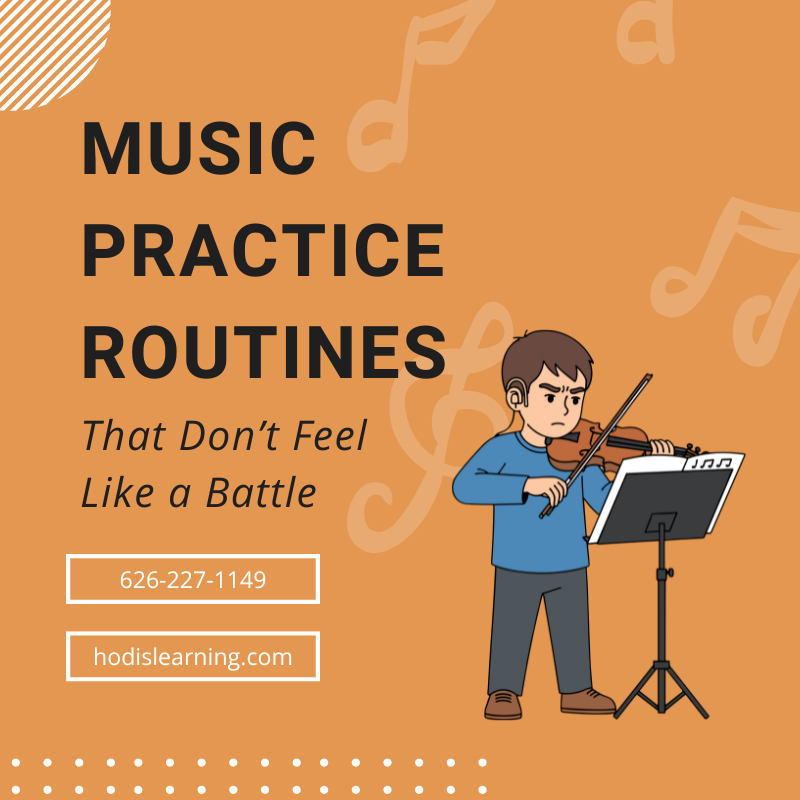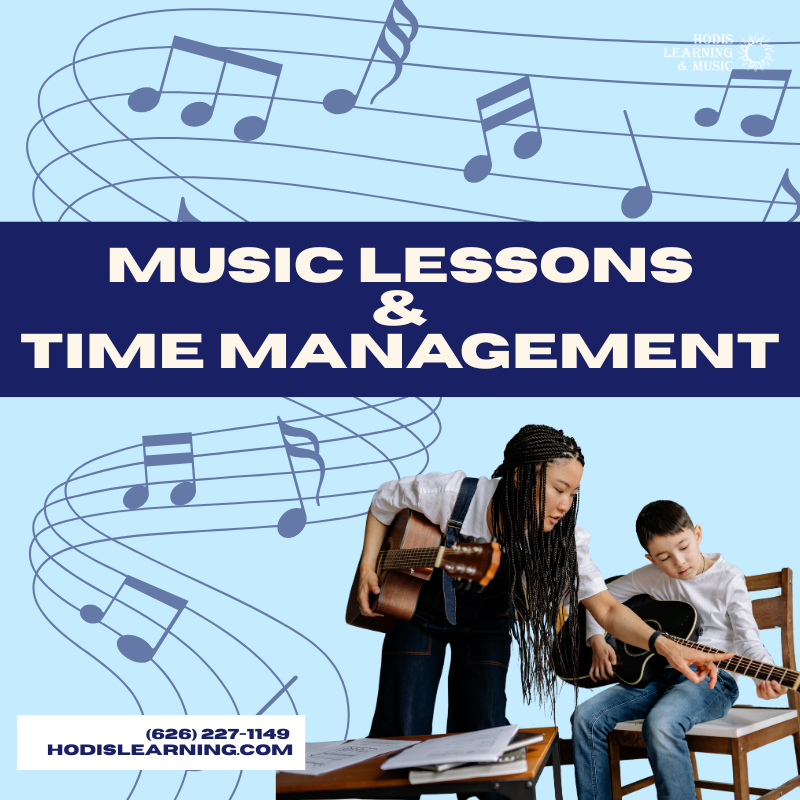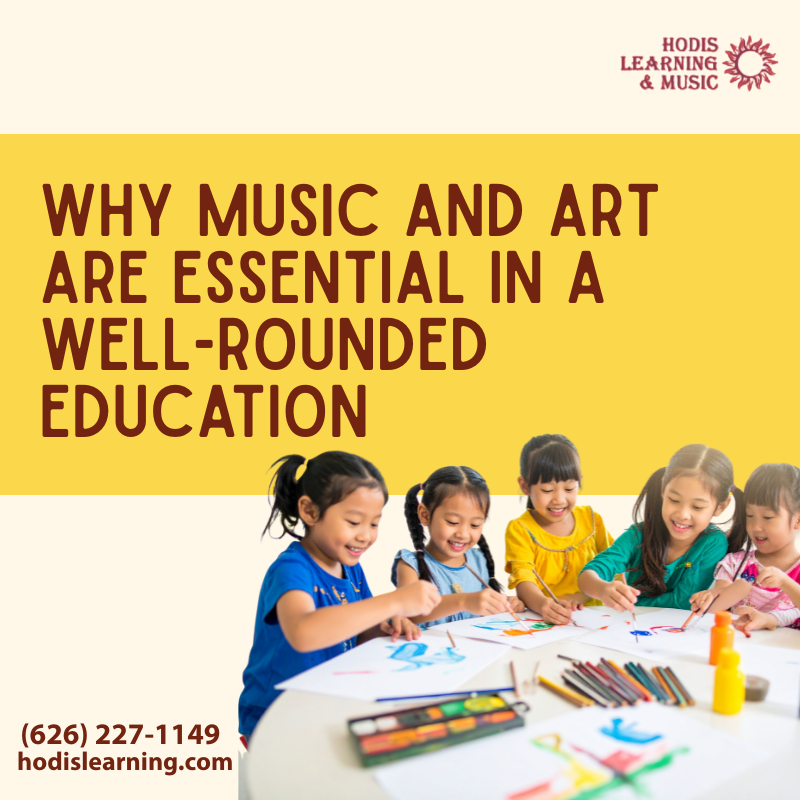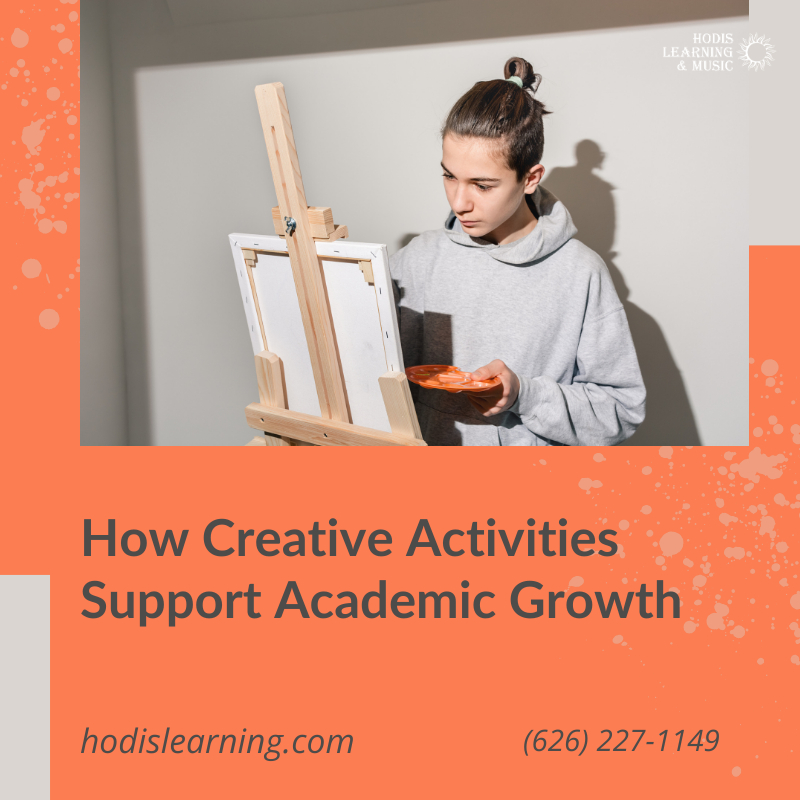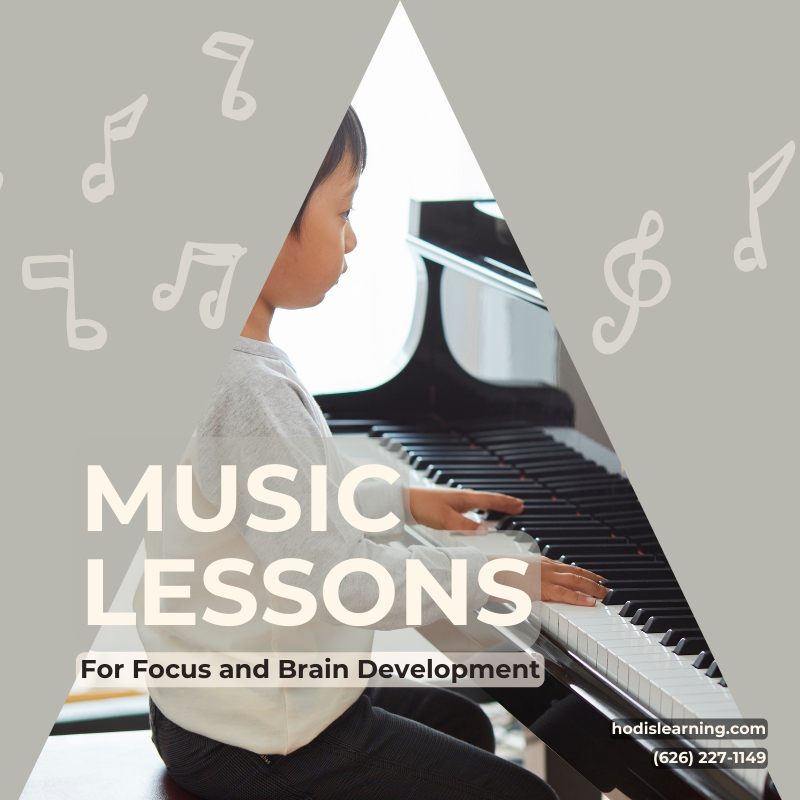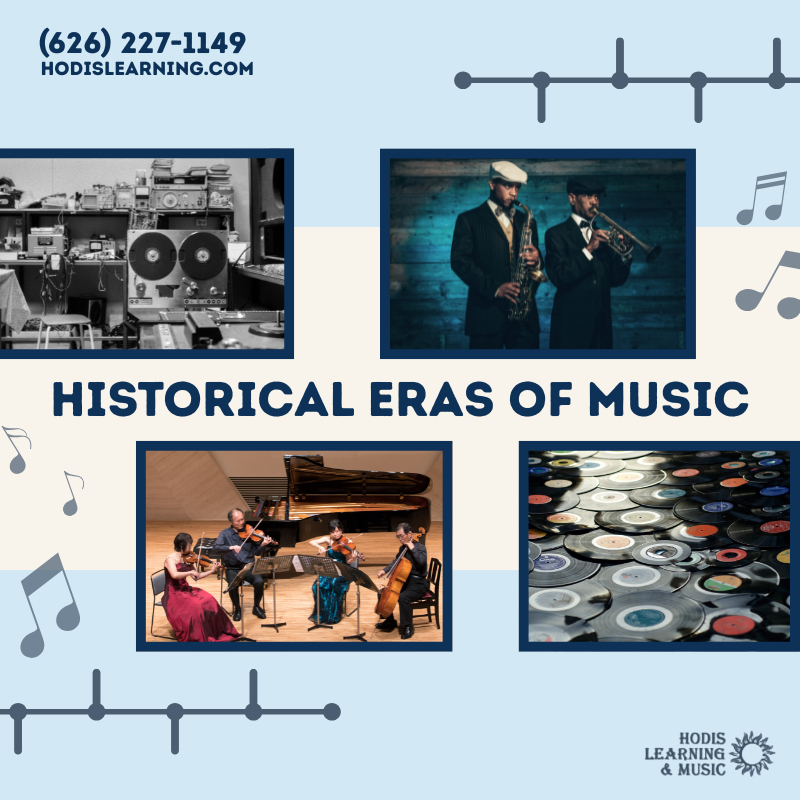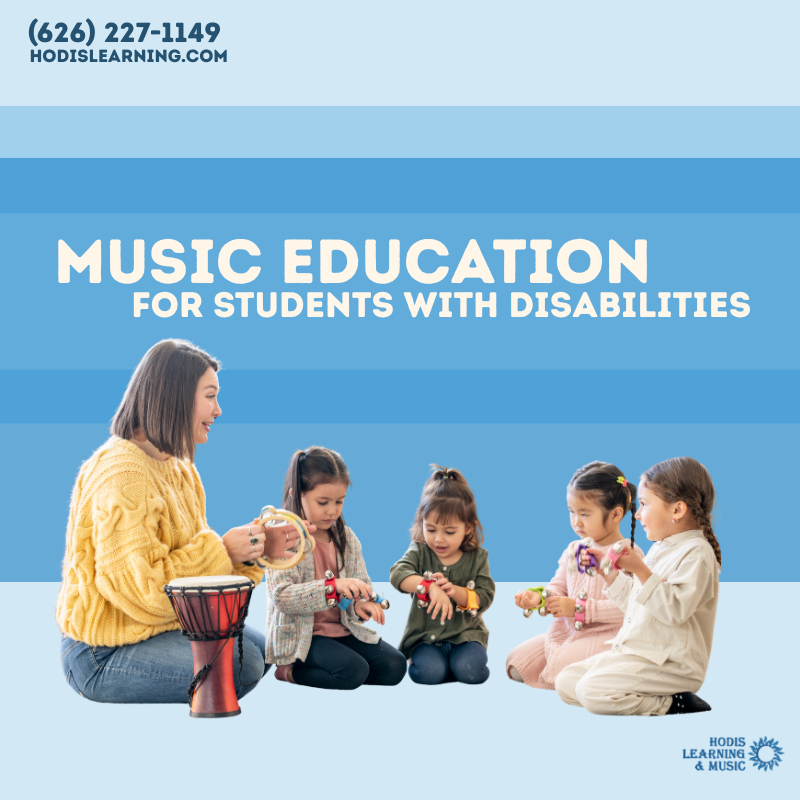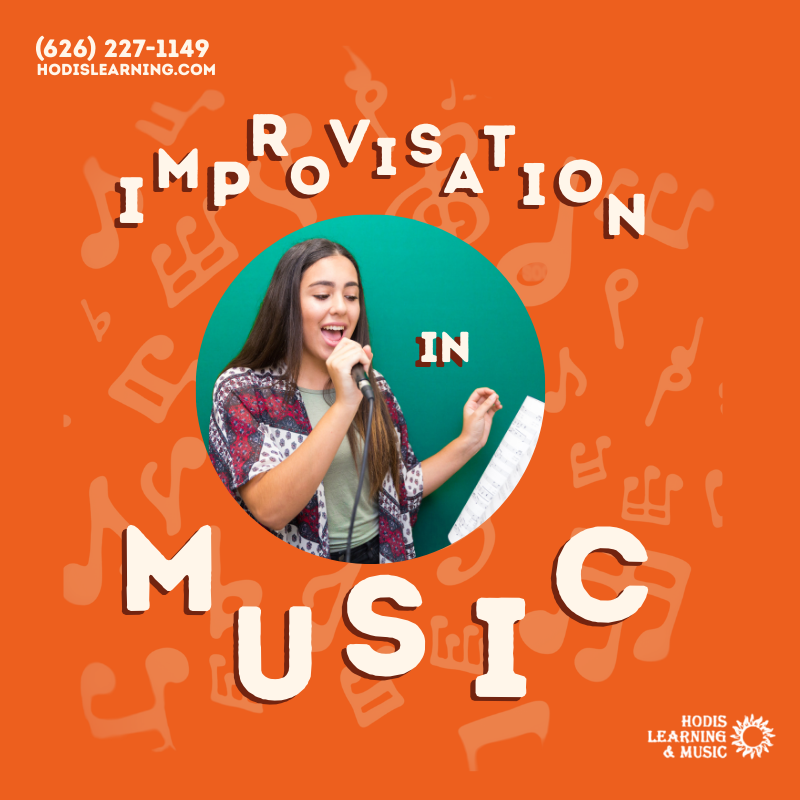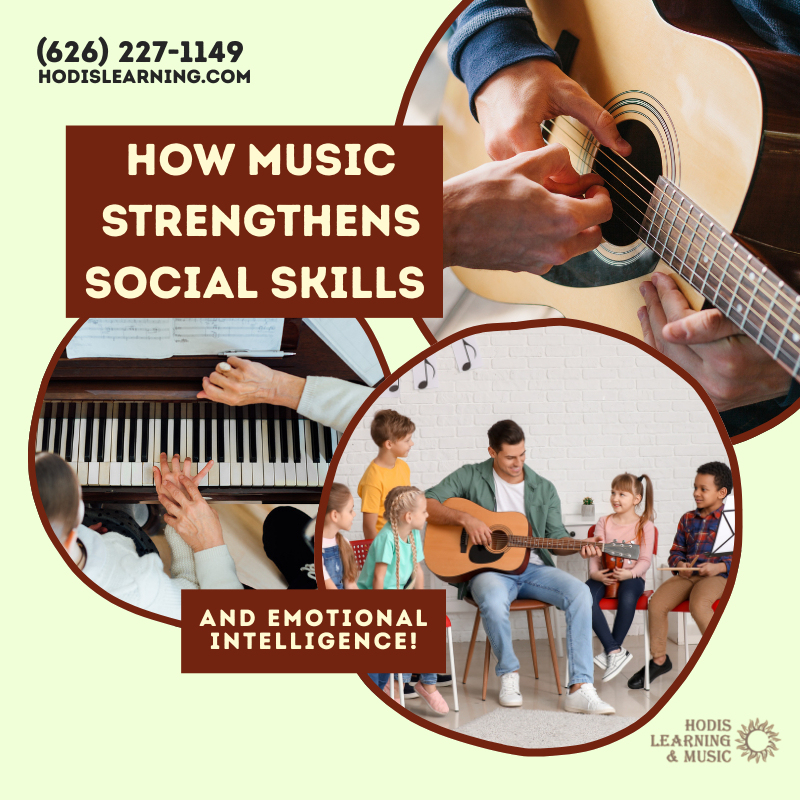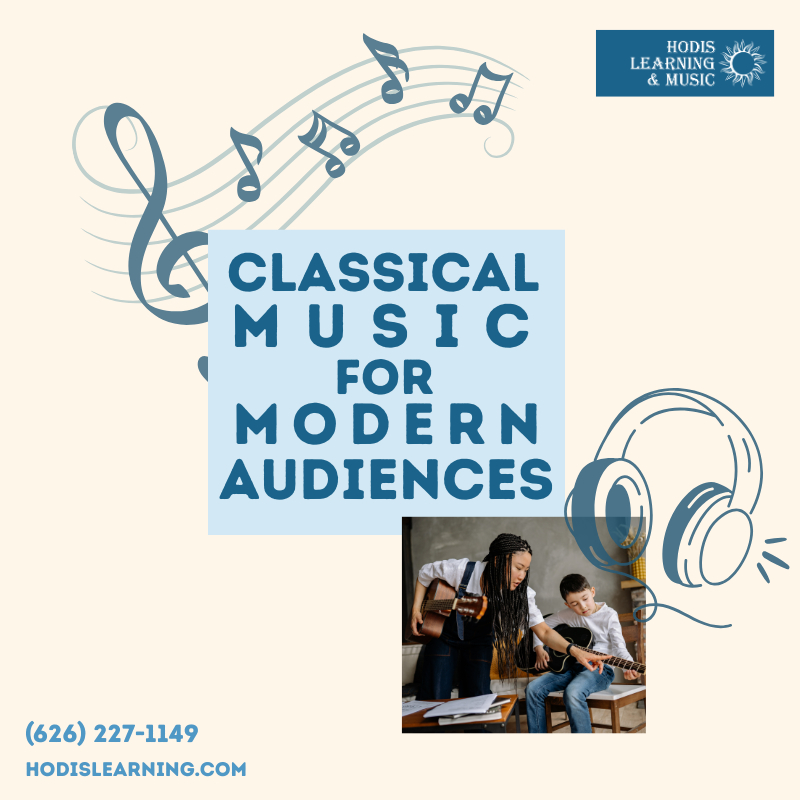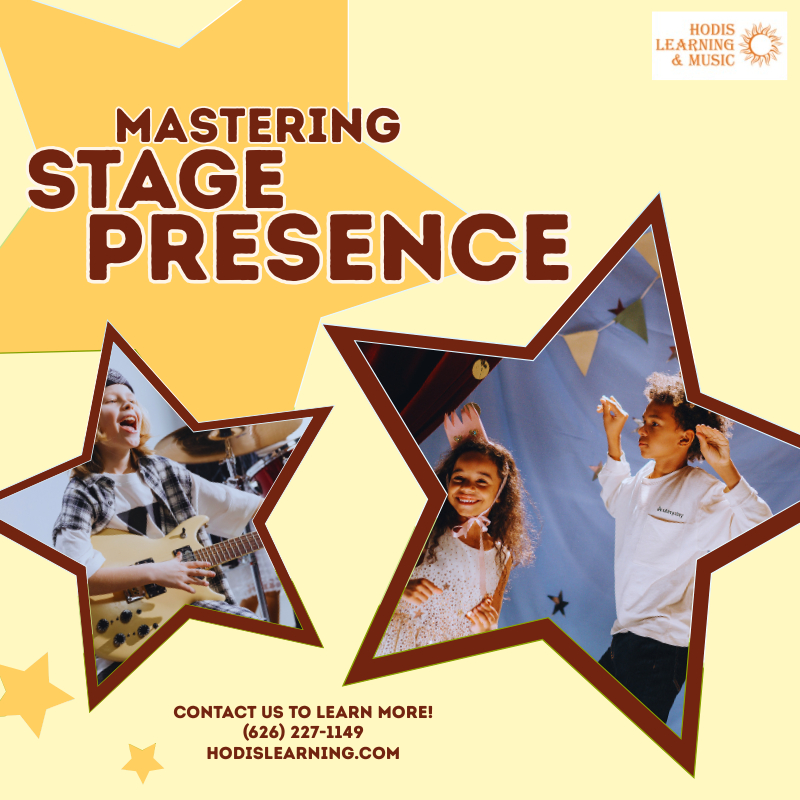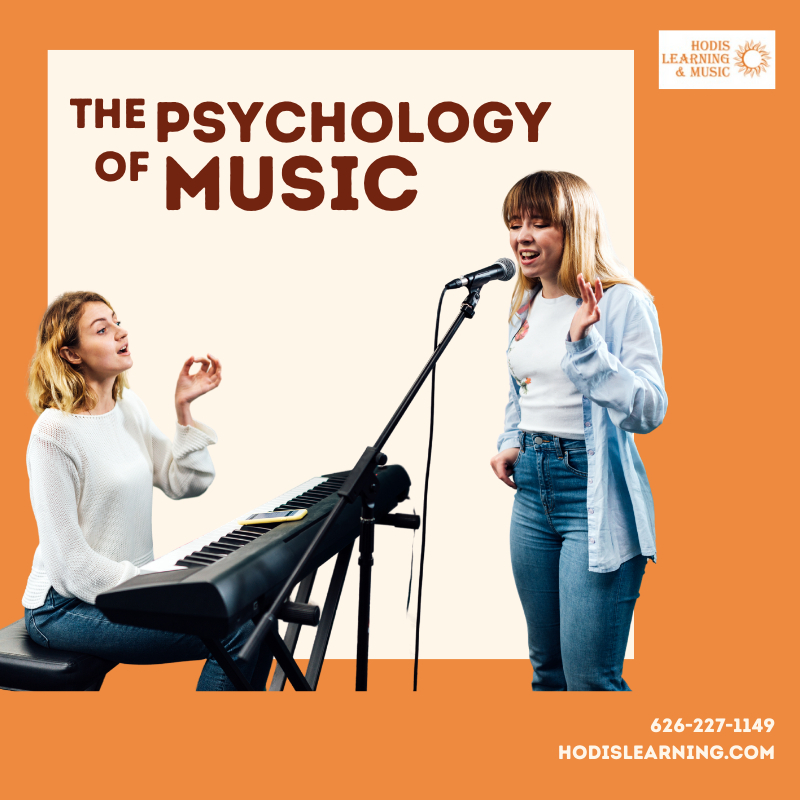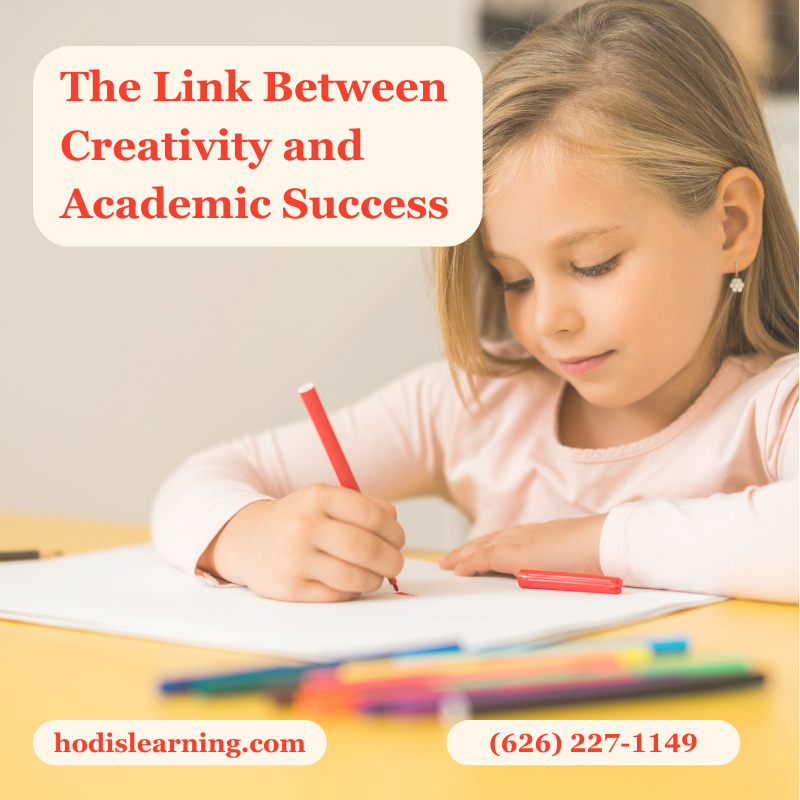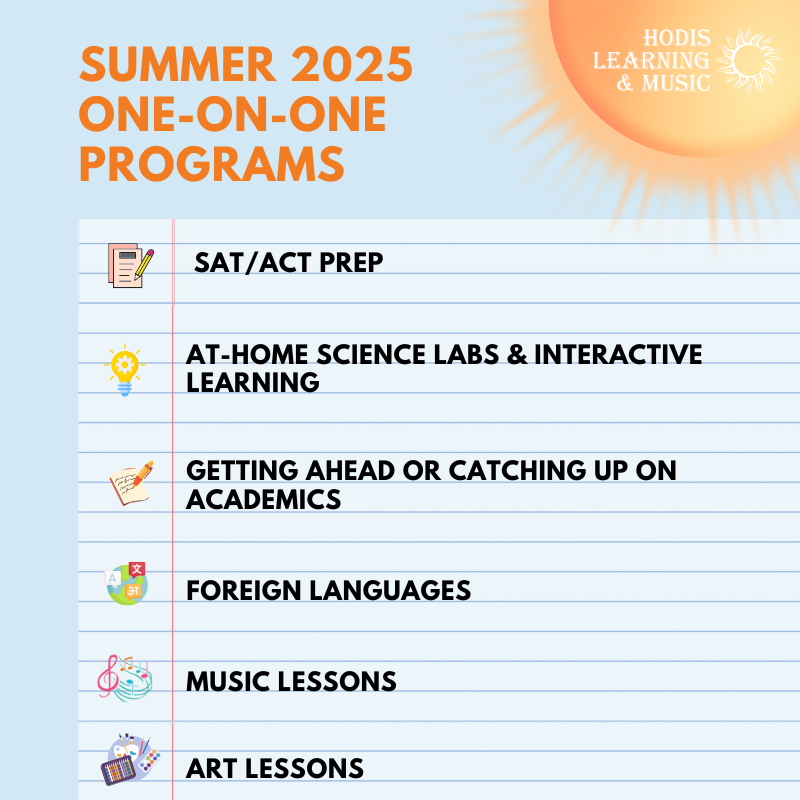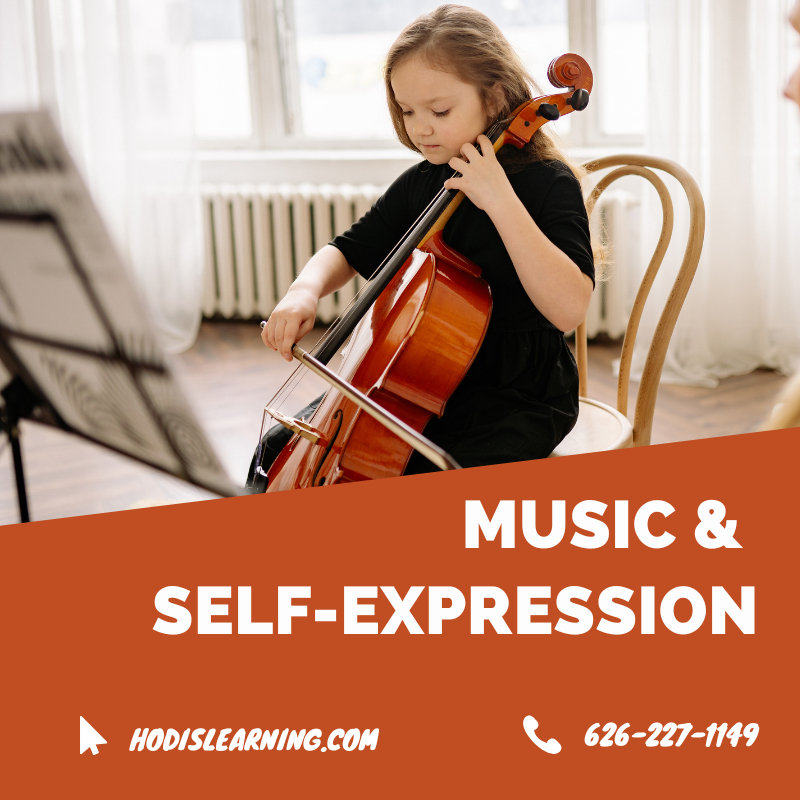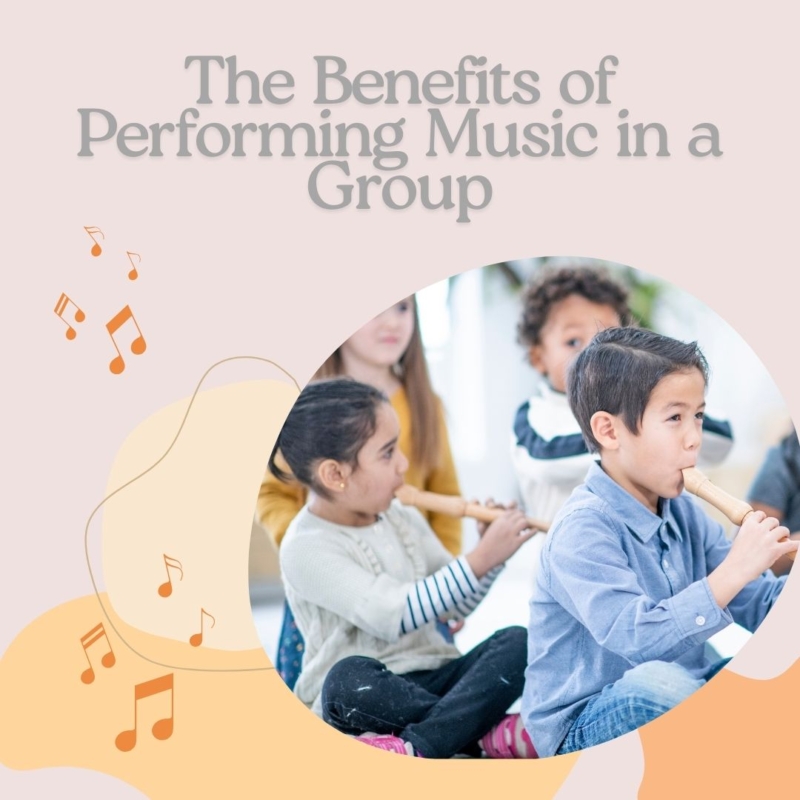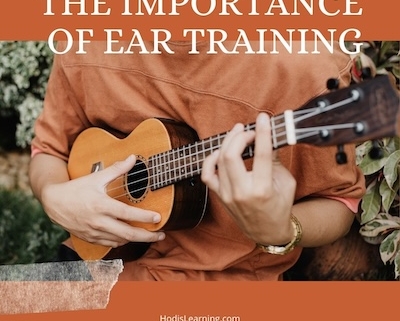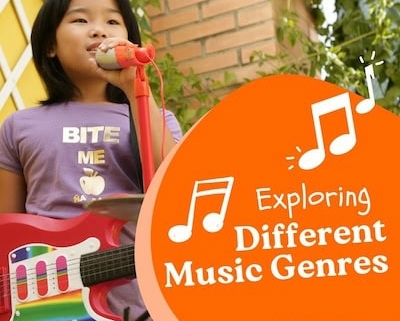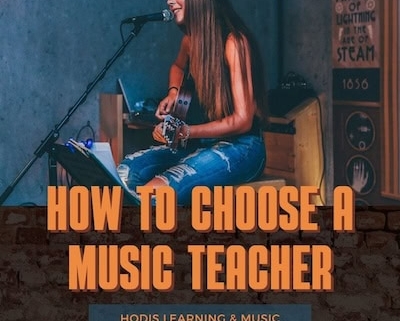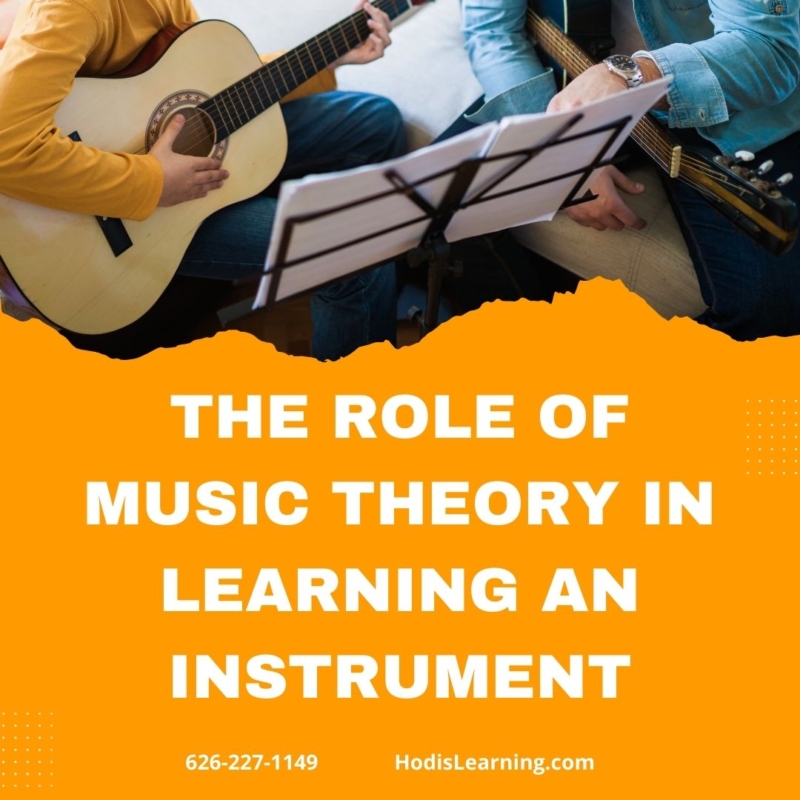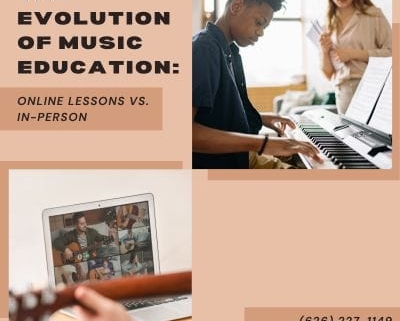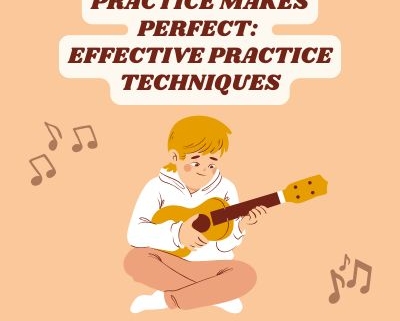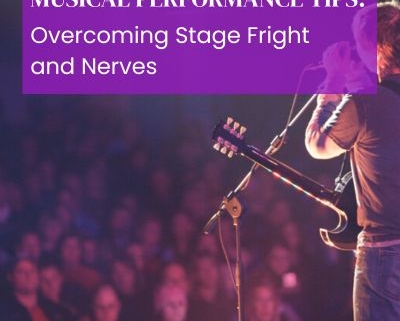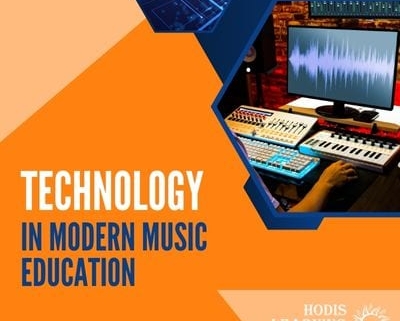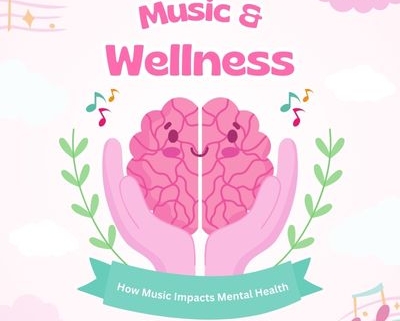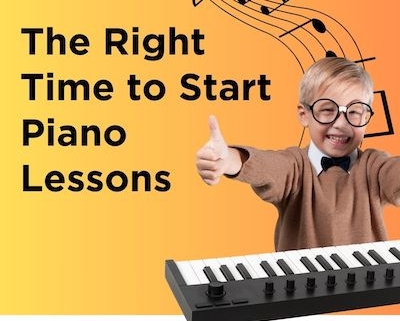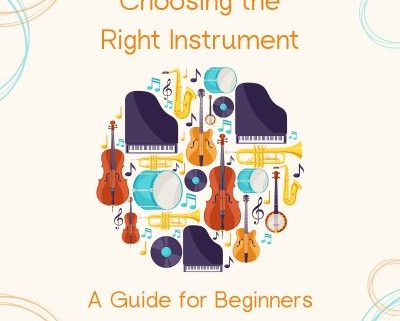For many students and parents, practice time brings frustration, avoidance, and stress instead of progress. The truth is, practice only becomes a “battle” when it feels overwhelming, forced, or disconnected from real motivation. With a few simple shifts, music practice can become calmer, shorter, and far more effective.
Consistency Matters More Than Perfection
One of the biggest reasons practice feels exhausting is the pressure to do everything perfectly. Students often feel like every mistake is a failure, which makes them want to avoid practice altogether.
Instead of aiming for flawless playing, focus on consistency. Showing up for a short, focused session each day builds far more progress than occasional long practices filled with frustration. Even 10–15 intentional minutes can make a real difference over time.
Keep Practice Short and Manageable
Long practice sessions sound productive, but they often backfire, especially for younger students. When practice feels endless, resistance kicks in before the first note is played.
Shorter sessions help students stay focused and make starting easier. As a general guideline:
- Beginners do well with 5–10 minutes
- Elementary students benefit from 10–20 minutes
- Older students can build up to 20–30 minutes
Stopping while things still feel positive makes it much more likely that students will come back tomorrow.
Use a Simple, Repeatable Routine
A lack of structure can make practice feel overwhelming. When students don’t know where to start, they often shut down before they begin. A simple routine removes that stress. For example:
- A quick warm-up
- One familiar piece
- One challenging section
- Ending with a favorite song
This kind of structure creates confidence and helps practice feel predictable rather than intimidating.
Give Students a Sense of Control
Practice quickly turns into a battle when students feel like they have no say. Giving them small, meaningful choices can completely change their attitude.
Let students choose the order of their pieces, decide when to practice within a set time window, or pick which song they end with. These small decisions give students ownership, which increases motivation.
Focus on Progress, Not Just Mistakes
While mistakes are part of learning, practice should also be a place where students feel successful. Try pointing out what improved, what sounded better than yesterday, or how much effort was put in. Saving detailed corrections for lessons can help practice feel like a safe space to try, explore, and grow.
Make Practice Part of the Daily Rhythm
When practice is treated like a major event, it often feels like one. Instead, aim to make it a normal part of the day, just like homework or brushing teeth.
Practicing at the same time and in the same place each day reduces resistance and decision-making. Over time, practice becomes a habit rather than a negotiation.
Music Practice with an Expert Instructor
Music practice doesn’t need to involve tears, arguments, or burnout. With shorter sessions, clear routines, and a focus on progress over perfection, practice can become calmer, more productive, and even enjoyable.
At Hodis Learning & Music, our teachers help students build practice routines that actually work—routines that support motivation and steady growth. If you’re ready to turn music practice into something that feels doable (and maybe even fun), we’d love to help.
Call us at (626) 227-1149 or submit a form on our website to sign up for music lessons today!

